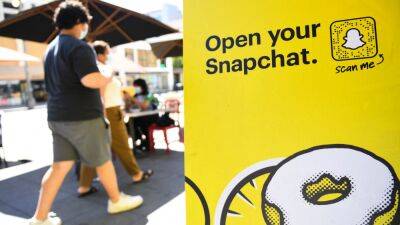Soaring inflation pushes UK borrowing to £14bn in May
Government borrowing was higher than expected in May at £14bn as soaring inflation sent interest payments on the UK’s debt to a monthly record.
The Office for National Statistics (ONS) said debt interest payments leapt 70% on a year ago to £7.6bn, the third highest debt interest payment made by central government in any single month and the highest payment in May on record.
Some economists said the increase in borrowing and the UK’s slowing economy was likely to push government borrowing £20bn higher this year than the Office for Budget Responsibility (OBR), the Treasury’s independent forecaster, expected at its last estimate in March.
Paul Dales, chief UK economist at the consultancy Capital Economics, said: “With the economy weakening and interest rates rising, the public finances will probably perform worse this year than the OBR forecast.”
Samuel Tombs, chief UK economist at Pantheon Macroeconomics, said the extra £14bn spending by the government to protect low-income families and pensioners from inflation would also dent the public finances in the second half of the financial year. “Accordingly, we think that public borrowing will total about £130bn this year, well above the OBR’s £99bn forecast,” he said.
Rishi Sunak said the increase in debt interest made him circumspect about allowing the UK’s spending deficit to rise over the coming years.
The chancellor plans to cut the government’s annual spending deficit more severely over the next four years than many European counterparts to limit the rise in the UK’s debt-to-GDP level to 90%.
He said: “Rising inflation and increasing debt interest costs pose a challenge for the public finances, as they do for family budgets. That is why we are taking a balanced approach – using
Read more on theguardian.com








![For Bitcoin [BTC] traders, next resistance level could be at…](https://finance-news.co/storage/thumbs_400/img/2022/7/22/34373_ngj.jpg)



![Chainlink [LINK]: Short-term investors could do this to avoid losses](https://finance-news.co/storage/thumbs_400/img/2022/7/22/34369_e3bg.jpg)






![Avalanche [AVAX] traders should know these trade-winning details](https://finance-news.co/storage/thumbs_400/img/2022/7/21/34362_rck.jpg)

